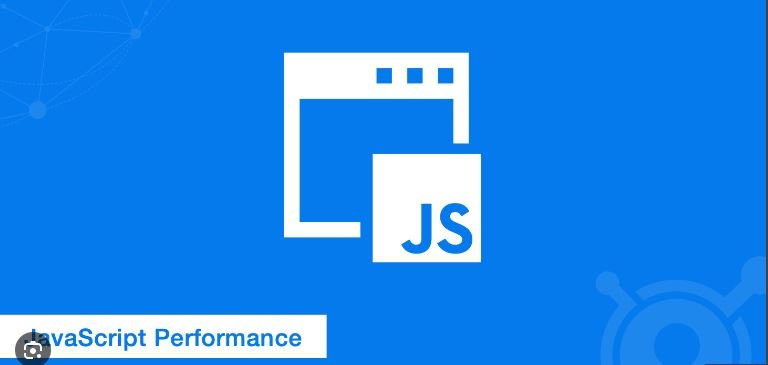Minimizing and Compressing Code
Optimizing JavaScript performance is essential for ensuring that web applications run smoothly and efficiently. One of the primary techniques for improving performance is to minimize and compress your JavaScript code. By removing unnecessary characters and reducing file sizes, you can significantly decrease load times and enhance the overall user experience.

Utilizing Lazy Loading
Lazy loading is another effective strategy. This technique defers the loading of non-essential resources until they are needed, which improves initial load times and reduces the amount of JavaScript that must be parsed and executed upfront. By utilizing lazy loading, you can make your web application more responsive and faster.
Reducing Reflows and Repaints
Reducing unnecessary reflows and repaints is crucial for optimizing performance. These operations occur when changes to the DOM or CSS trigger the browser to recalculate layout or redraw the page. Minimizing these operations helps to keep your web pages running smoothly and efficiently.
Optimizing Loops and Iterations
Optimizing loops and iterations also plays a significant role in performance improvement. Inefficient loops can slow down your application, so using efficient iteration methods and avoiding redundant calculations can help reduce execution time and improve performance.
Utilizing Web Workers
Web Workers provide a powerful way to offload background tasks from the main thread, allowing for better UI responsiveness. By utilizing Web Workers, you can perform complex computations without affecting the main thread, leading to a more seamless user experience.
Addressing Memory Leaks
Addressing memory leaks is crucial for maintaining optimal performance. Memory leaks occur when memory is not properly released, leading to decreased performance over time. By managing global variables carefully, clearing unnecessary timers, and removing event listeners, you can prevent memory leaks and ensure that your application runs efficiently.
Using Efficient Data Structures
Using efficient data structures can further enhance performance. Choosing the right data structures for your specific needs, such as using Maps and Sets for faster lookups and unique value storage, can improve the overall efficiency of your application.
Implementing Code Splitting
Implementing code splitting can significantly improve the performance of your JavaScript application. This technique involves breaking down your code into smaller chunks, which are loaded on demand. By doing so, you reduce the initial load time and ensure that only the necessary code is executed, leading to faster performance and a better user experience.
Leveraging Browser Caching
Leveraging browser caching is another powerful method to enhance JavaScript performance. By setting appropriate cache headers, you can instruct the browser to store and reuse resources, reducing the need for repeated network requests. This not only speeds up page load times but also decreases server load, contributing to a more efficient web application.
Conclusion
Mastering JavaScript performance optimization techniques is essential for creating fast, responsive, and efficient web applications. By implementing strategies such as minimizing and compressing code, utilizing lazy loading, reducing reflows and repaints, optimizing loops and iterations, and leveraging Web Workers, you can significantly enhance your application’s performance. Additionally, addressing memory leaks, using efficient data structures, implementing code splitting, and leveraging browser caching are crucial steps toward achieving optimal performance. By integrating these techniques into your development process, you ensure a smoother user experience, faster load times, and a more efficient application that meets modern web standards.










